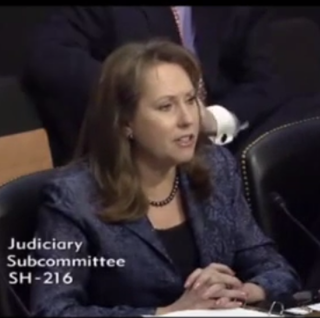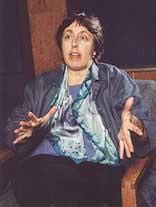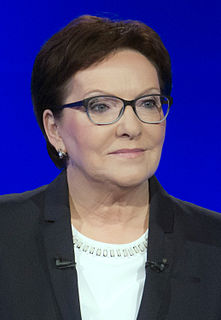A Quote by Andre Dubus
As a young victim of bullying and then, later, a vindictive perpetrator of violence myself, I've known both sides of this experience, and I tried very hard in the writing here to be as absolutely honest as I possibly could, to not romanticize myself or my past actions or cowardly inactions in any way.
Related Quotes
If no one remembers a misdeed or names it publically, it remains invisible. To the observer, its victim is not a victim and its perpetrator is not a perpetrator; both are misperceived because the suffering of the one and the violence of the other go unseen. A double injustice occurs-the first when the original deed is done and the second when it disappears.
D.H. Lawrence, I think, defined the difference between writing an article and writing a novel very well. He said, in writing a novel, the writer must be able to identify emotionally and intellectually with two or three or four contradicting perspectives and give each of them very a convincing voice. It's like playing tennis with yourself and you have to be on both sides of the yard. You have to be on both sides, or all sides if there are more than two sides.
It is very tempting to take the side of the perpetrator. All the perpetrator asks is that the bystander do nothing. He appeals to the universal desire to see, hear, and speak no evil. The victim, on the contrary, asks the bystander to share the burden of pain. The victim demands action, engagement, and remembering.
I think I did realize that early on, and then I went through a fun phase where I was figuring out who I was and the different sides of myself. I think like most women, I bought into a certain ideal of beauty that I didn't quite fit into, and I tried to pretzel myself and alter myself to be what I was told is beautiful, and then I realized that you are in control of what you think is beautiful.





































